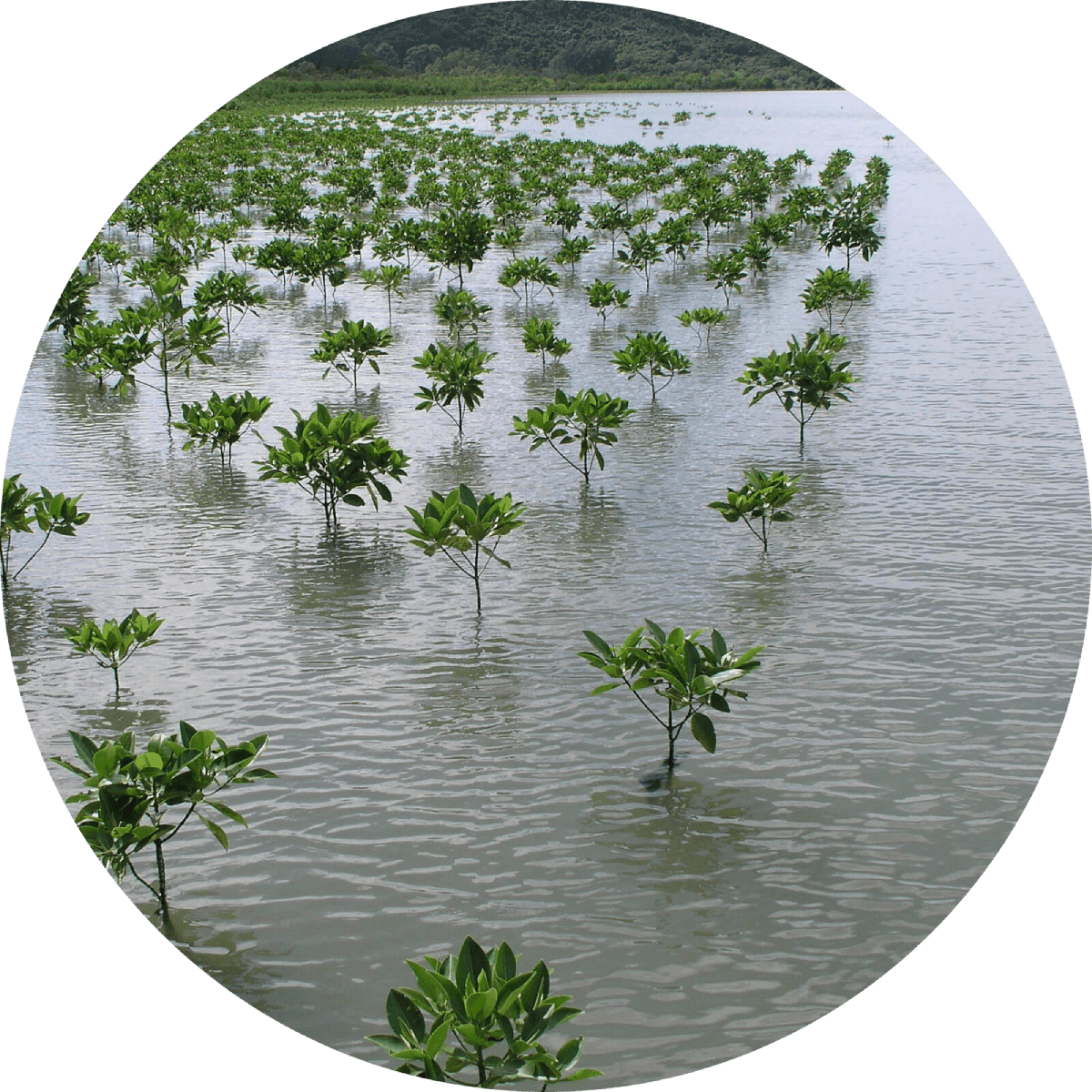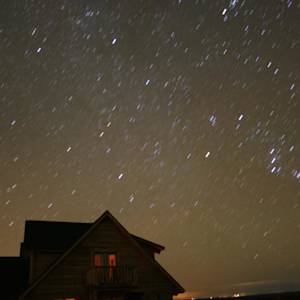PFAS River Pollution Declared Human Rights Violation
2024 CE • Cape Fear River, Fayetteville, North Carolina
"The dumping of contaminated wastewater by a chemical plant on the Cape Fear River began more than four decades ago, making the river water unsafe to drink for 100 miles... a United Nations panel called the pollution a human rights issue... The pollution continues 'even as DuPont and Chemours had information about the toxic impacts of PFAS on human health and drinking water,' they said... PFAS are human-made chemicals that companies have used to make a wide range of water- or grease-resistant products including nonstick cookware, pizza boxes, water-repellent clothing, stain-resistant fabrics and carpets, firefighting foam and some cosmetics. They don’t naturally break down and instead accumulate in the environment and in the blood and organs of people and animals. Research by both chemical companies and academics have shown that exposure to PFAS has been linked to cancer, liver damage, birth defects and other health problems... 'We’re finding PFAS along our beaches, in locally grown produce and locally caught fish. It’s also in our air and rainwater,” [Emily Donovan] said. Yet “Chemours wants to expand production and make more PFAS.'"
Hiroki Tabuchi. Feb 27, 2024. "North Carolina ‘Forever Chemical’ Plant Violates Human Rights, U.N. Panel Says" New York Times.
image source: Horseshoe Bend in the Cape Fear River, Stuart Borrett. CC 2.0 via Flickr.


Learn about Maya Lin’s fifth and final memorial: a multi-platform science based artwork that presents an ecological history of our world - past, present, and future.

Discover ecological histories and stories of former abundance, loss, and recovery on the map of memory.

Learn how we can reduce our emissions and protect and restore species and habitats – around the world.

See how art can help us rethink the problems we face, and give us hope that each one of us can make a difference.

Help make a global memorial something personal and close to home. Share your stories of the natural world.

